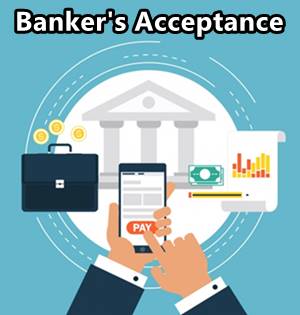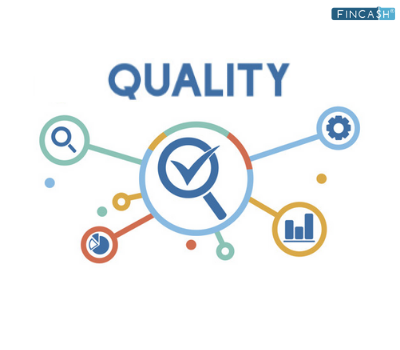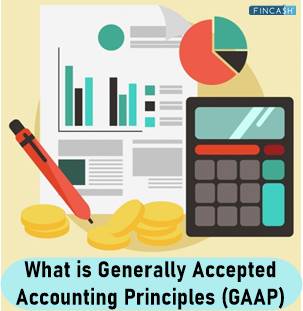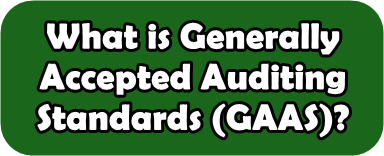
Table of Contents
Banker's Acceptance
What is a Banker's Acceptance (BA)?
The Banker’s Acceptance (BA) is a negotiable paper piece that operates in the form of a post-dated cheque. However, in this scenario, the Bank guarantees the payment instead of the account holder. BA is used by organizations as a safe method of payment when it comes to large transactions.

Along with that, banker’s acceptance is also regarded as a short-term debt instrument that is traded at a discount.
Explaining Banker's Acceptance
For the issuing company, the banker’s acceptance is a method to pay against purchase without borrowing anything. And, for the receiving company, the bill guarantees a payment method. This concept requires the bank to pay to the bank account holder in a specific amount of money within a particular date.
Commonly, these are issued 90 days before the maturity date, but can mature anywhere from 1-180 days. Generally, banker’s acceptance is issued at its Face Value’s discount. Therefore, similar to a bond, it earns a return.
Further, BA can be traded in the secondary money market as well. The good thing is that even if you wanted to cash a banker’s acceptance early, you would not have to pay any penalty. However, you would end up losing interest.
BAs as Cheques
Similar to certified cheques, banker’s acceptances are safe as far as payment for both transaction sides is concerned. The owed money is guaranteed to be paid on the specific date as mentioned in the bill.
Most commonly, the use of BAs is in international trade transactions. For example, a buyer who has an importing business can issue a BA with a date once the shipment gets delivered. On the other hand, a seller who has an exporting business will get the payment instrument before finalizing on the shipment.
The person who gets paid with BA might hold onto it until it gets mature to receive the full value. If not, he can also sell it instantly at a discount.
Talk to our investment specialist
BAs as Investments
Institutional investors and banks trade Bas on the secondary Market before they get matured. This strategy is quite similar to the one used in zero-coupon Bonds trading. Here, the banker’s acceptance is sold below the face value at a discount, which is determined by the time before its maturity date.
In the end, banker’s acceptances are considered to be safe as the borrower and the bank are responsible for the due amount when the instrument gets matured.
All efforts have been made to ensure the information provided here is accurate. However, no guarantees are made regarding correctness of data. Please verify with scheme information document before making any investment.









